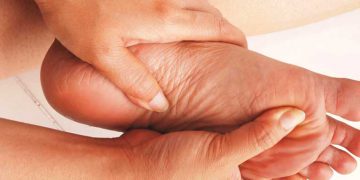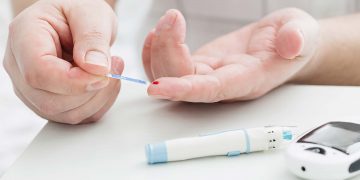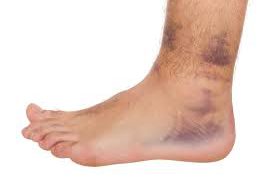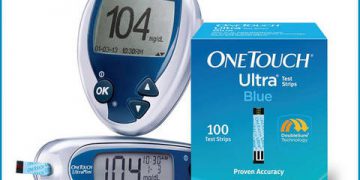Another severe complication of diabetes is the Diabetic coma. It is a real medical emergency and in most cases cannot be treated at home.
When in this state you are normally unconscious – your doctor may say that you were in a comatose state because of this acute complication of diabetes mellitus.
This is a real risk for anyone who suffers from diabetes mellitus especially if you are a type 1 diabetic and have to administer insulin daily just to stay alive. It is stated that an estimated 2 to 15 percent of diabetics will suffer from at least one episode of diabetic coma in their lifetimes as a result of severe hypoglycemia.
There are three main conditions which could cause a diabetic to fall in an unconscious or comatose state.
These are namely:
1. Severe diabetic hypoglycemia- this is extremely low blood glucose level.
2. Diabetic ketoacidosis advanced enough to result in unconsciousness from a combination of severe hyperglycemia, dehydration and exhaustion
3. Hyperosmolar nonketotic coma in which extreme hyperglycemia and dehydration alone are sufficient to cause unconsciousness.
Severe hypoglycemia
People with type 1 diabetes mellitus who must take insulin in full replacement doses are most vulnerable to episodes of hypoglycemia. It is usually mild enough to reverse by eating or drinking carbohydrates, but blood glucose occasionally can fall fast enough and low enough to produce unconsciousness before hypoglycemia can be recognized and reversed.
Hypoglycemia can sometimes occur during sleep. If it is severe enough it can cause unconsciousness during sleep. The main culprit for this normally include eating less than usual, prolonged exercise earlier in the day, and heavy drinking or taking too much insulin in response to food eaten. The problem is normally worsened by the fact that some people with diabetes can sometimes lose their ability to recognize onset of the symptoms of early hypoglycemia.
Signs to look out for to be able to recognize the symptoms of severe hypoglycemia
Time is of the essence since unconsciousness due to hypoglycemia can occur within 20 minutes to an hour after early symptoms are noticed. The first sign you may notice is when unconscious due to hypeglycemia is twitching or convulsions. The second set of signs of a person who is unconscious as a result of hypoglycemia signals the adrenaline response to hypoglycaemia. These signs are:
- Paleness of face and body,
- rapid heartbeat
- extreme sweating- sometimes you can be soaked in sweat as if being drenched in water
With hypoglcemia your blood glucose level will be extremely low. To treat it you will have to raise your blood glucose level.
Therefore treatment for unconsciousness due to hypoglycemia will normally include raising your blood glucose level using intravenous glucose. You may sometimes even be injected with glucagon.
Advanced diabetic ketoacidosis
According to Wikipedia, if Diabetic ketoacidosis (DKA) progresses and worsens without treatment unconsciousness will result. It will be as a result of a combination of severe hyperglycemia, dehydration and exhaustion.
Coma only occurs at an advanced stage of DKA which usually occurs after 36 hours or more of worsening vomiting and hyperventilation.
In the early to middle stages of ketoacidosis, you may look pale or flushed and breathe rapidly and deeply. You may even experience some signs of dehydration – like dizziness or fainting.
Treatment of DKA consists of isotonic fluids to rapidly stabilize the circulation, continued intravenous saline with potassium and other electrolytes to replace deficits, insulin to reverse the ketoacidosis.
Nonketotic hyperosmolar coma
Nonketotic hyperosmolar coma usually develops more insidiously than DKA because the principal symptom is lethargy progressing to confusion (or reduced mental capacity) rather than vomiting or any other obvious illness.
Extreme hyperglycemia is accompanied by dehydration due to inadequate fluid intake. Coma from NKHC occurs most often in people who develop type 2 or steroid diabetes and have an impaired ability to recognize thirst. The treatment consists of insulin and gradual rehydration with intravenous fluids.
Treatment options for diabetes coma
Ketoacidotic Diabetic Coma: intravenous fluids, insulin and administration of potassium and sodium.
Hyperosmolar Diabetic Coma: plenty of intravenous fluids, insulin, potassium and sodium given as soon as possible.
Hypoglycaemic Diabetic Coma: administration of the hormone glucagon to reverse the effects of insulin, or glucose given intravenously.












